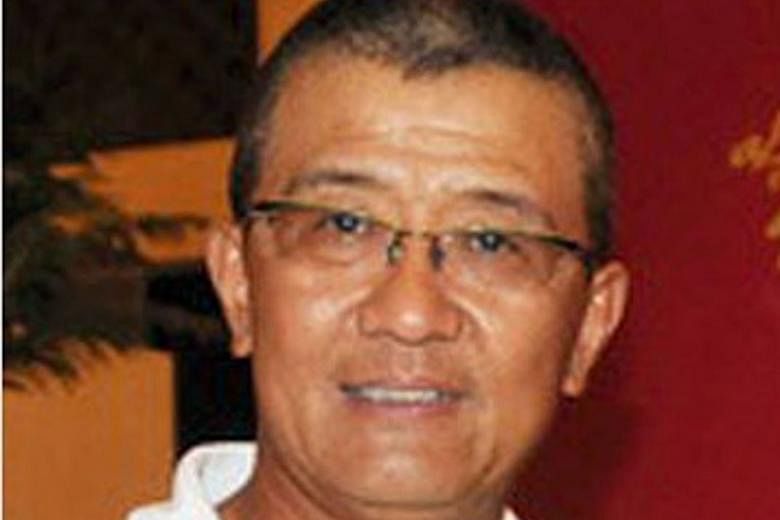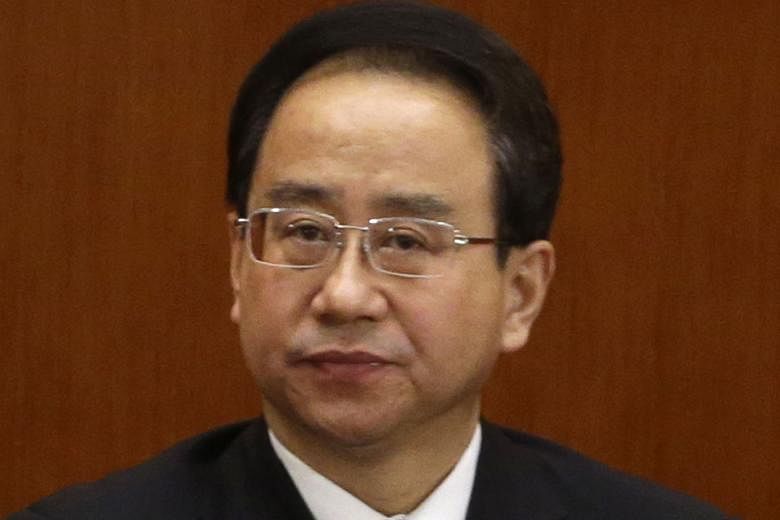Before China's anti-corruption dragnet came down on senior Communist Party official Ling Jihua, it went for his brother Wancheng.
The youngest of five siblings, the journalist turned businessman had disappeared for months before Chinese media reported in October 2014 that he was assisting with investigations.
The next time he made news was last August. Wancheng, 56, had somehow fled to the United States - no one knows exactly when or how - and had become the centre of a diplomatic tussle between the two countries.
At the time, the New York Times had suggested that he could become "one of the most damaging defectors" in China's history.
More recently, details have begun to emerge on the "why" - he had allegedly brought with him more than 2,700 copies of classified documents and was passing information on to US investigators.
According to a Financial Times report last week citing unnamed diplomatic and intelligence officials, the secrets Wancheng has revealed include nuclear codes, security arrangements and details of the personal lives of Chinese leaders.
This corroborated with reports last December in Hong Kong magazines that China's security czar, Mr Meng Jianzhu, had disclosed in a closed-door meeting to party cadres that Jihua had "dared to steal top secrets from archives in his trust" and handed them over to the US.
Jihua is the former top aide of China's former president, Mr Hu Jintao, predecessor of current President Xi Jinping.
But intrigue still surrounds Wancheng's motives.
While the classified documents are purportedly an insurance policy for the detained Jihua - who is awaiting trial for alleged corruption, revealing them now would only worsen the case against him, observers noted.
"Perhaps he has revealed only a small part of what he has so that he can maintain leverage," said Hong Kong-based analyst Willy Lam.
Prof Lam pointed out that as the former head of the Communist Party's General Office of the Central Committee - the "nerve centre of the party" - Jihua would have had access to a lot of sensitive material including personnel and security details.
"But would he have nuclear codes?" said Prof Lam. "It's hard to verify the nature of the secrets involved."
Wancheng's defection has barely been mentioned in mainland Chinese media.
China had only last month confirmed that it was "handling the matter of Ling Wancheng and is in talks with the US", without offering further details.
According to US media, the Chinese had been pushing hard for Wancheng's return, to the extent of dispatching spies on covert operations to secure his return.
And while China has alleged that Wancheng has laundered enormous sums of money through the US, American officials have not been convinced by the evidence presented.
Wancheng's visa status is unclear. US officials have not said if he is seeking political asylum or if he has a green card, which would complicate any return to China.
US property records showed that he had bought a US$2.5 million (S$3.5 million), 7,800 sq ft bungalow in northern California in 2013. Neighbours described him as an avid golfer who was "very funny", spoke poor English and used emojis a lot in his text messages.
Despite the number of classified documents supposedly in Wancheng's possession, analysts feel that the fallout from the episode can be contained as nuclear codes can be changed and security protocols can be tweaked.
"There will likely be back channel communications going on. The Chinese will want the US to at least keep whatever information it has to itself," noted East Asian Institute senior research fellow Chen Gang.
As for personal details of top leaders such as President Xi, observers say they might cause embarrassment or discomfort, but are unlikely to be devastating to China's national interests.
"Being described as the 'the most valuable Chinese defector' is a relative concept," said Nottingham University political analyst Steve Tsang.
"There had not been particularly valuable defectors in the past."


